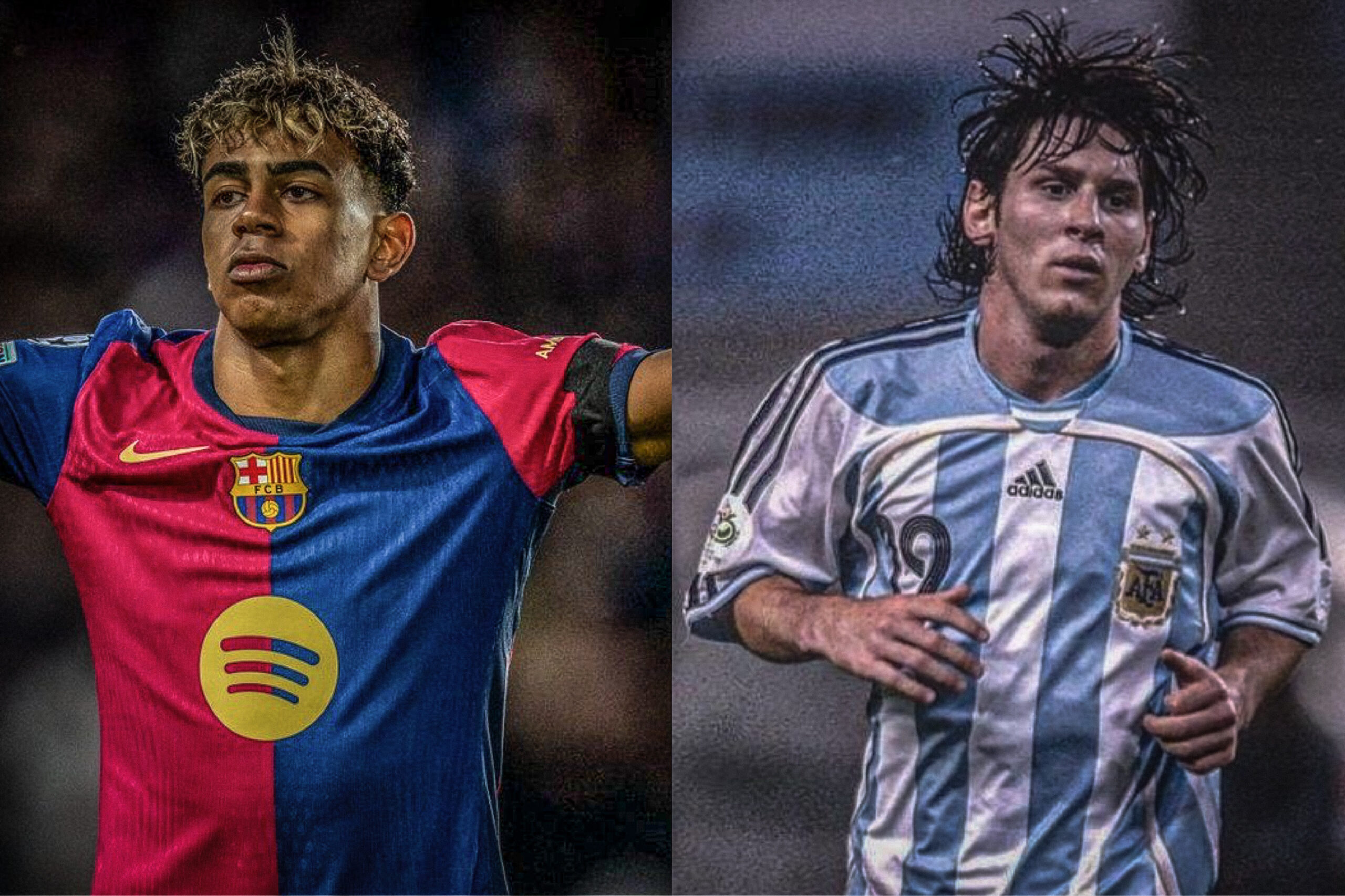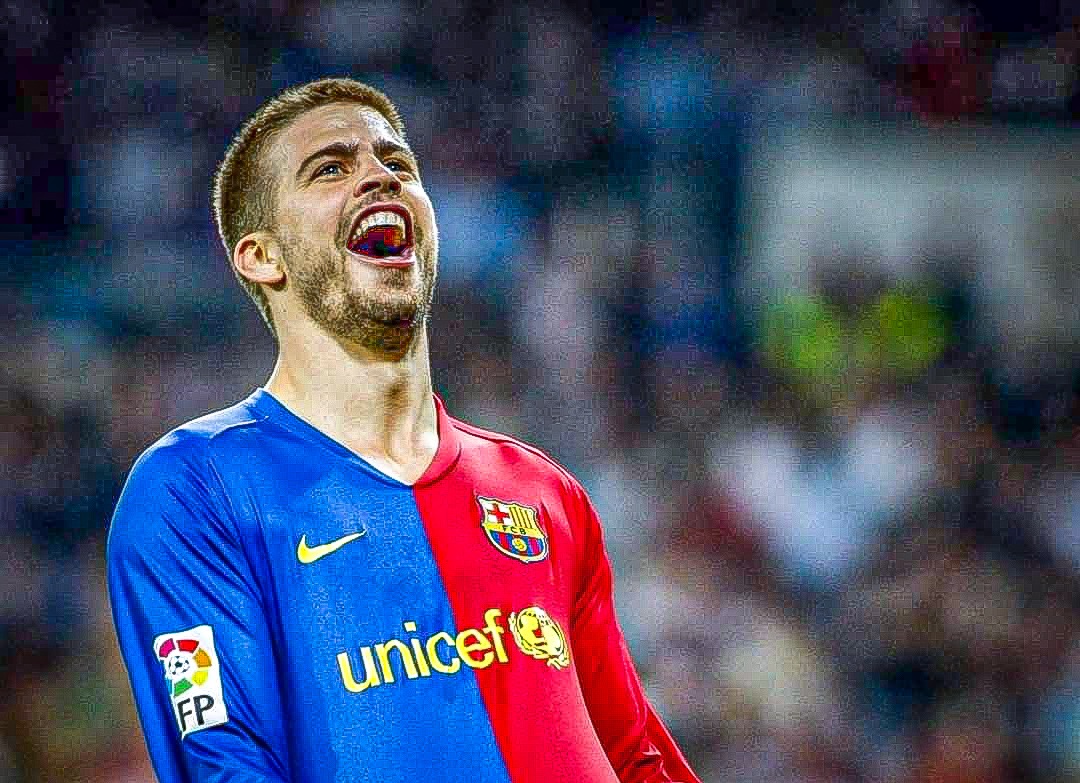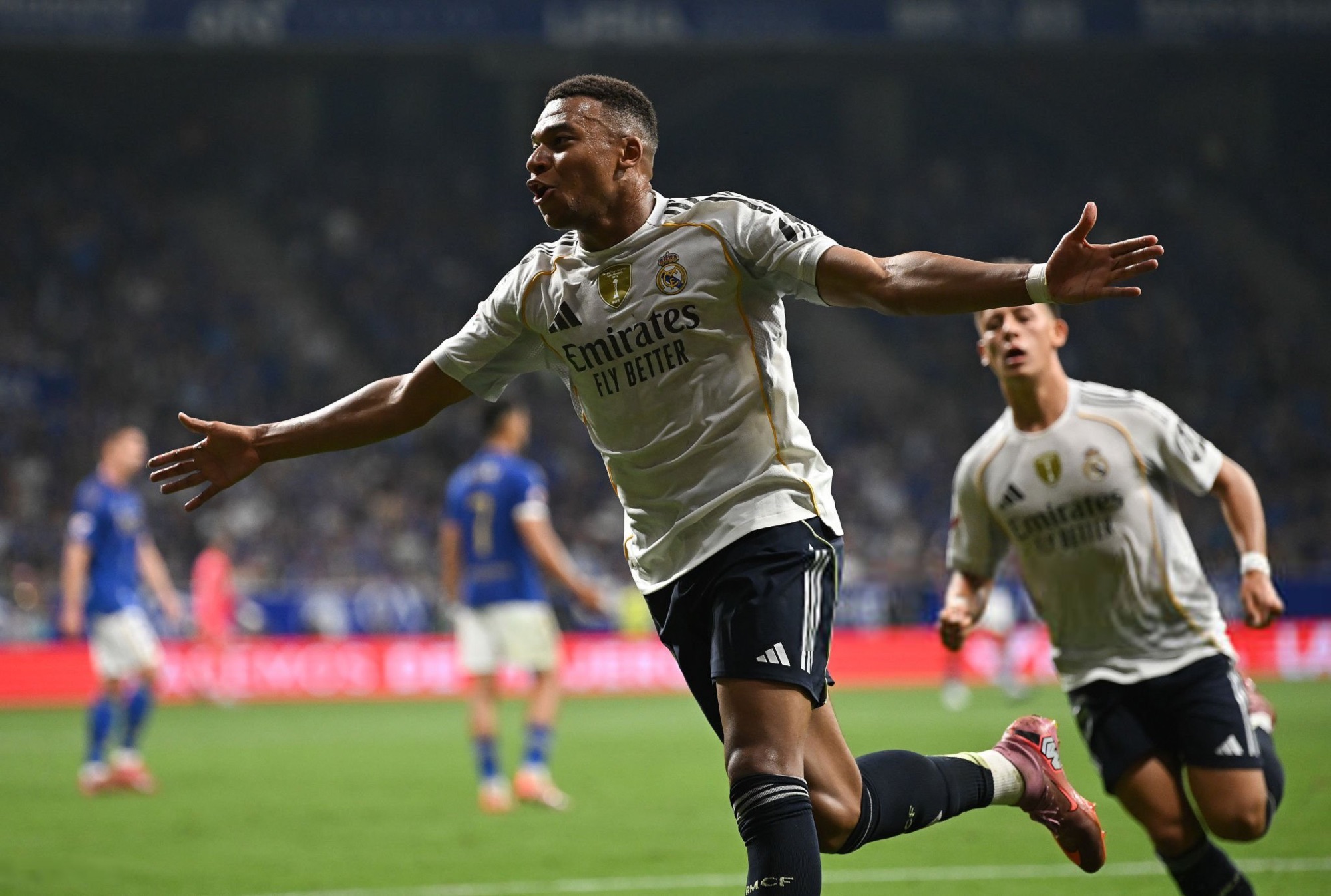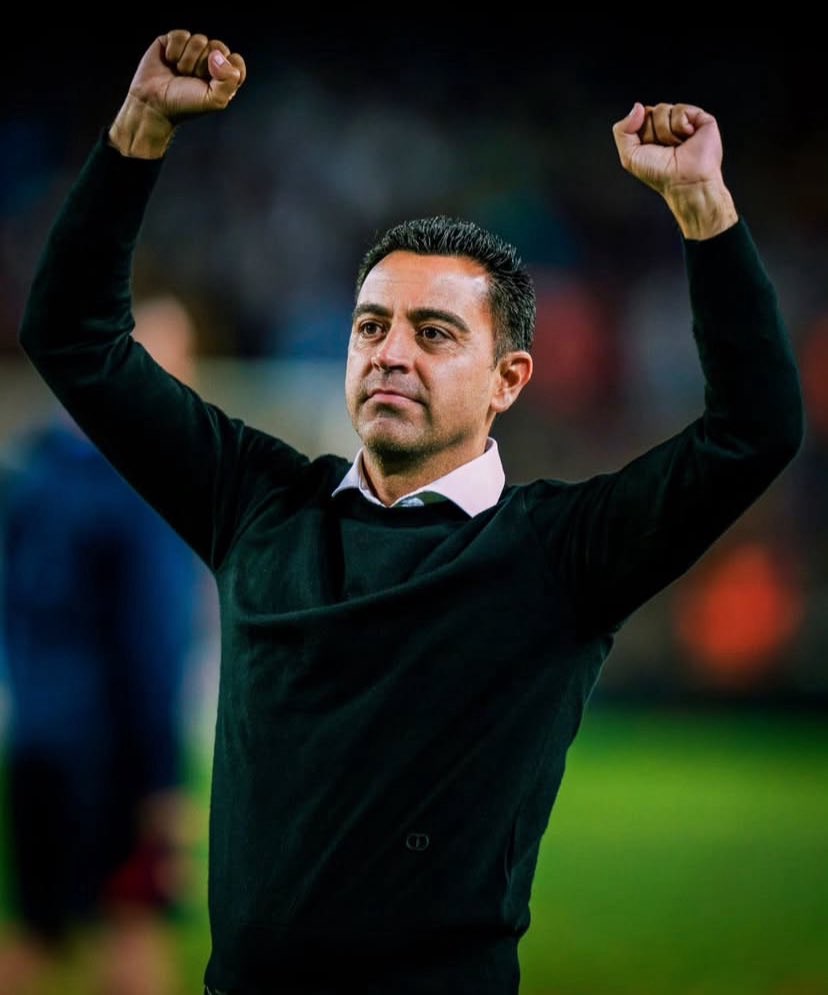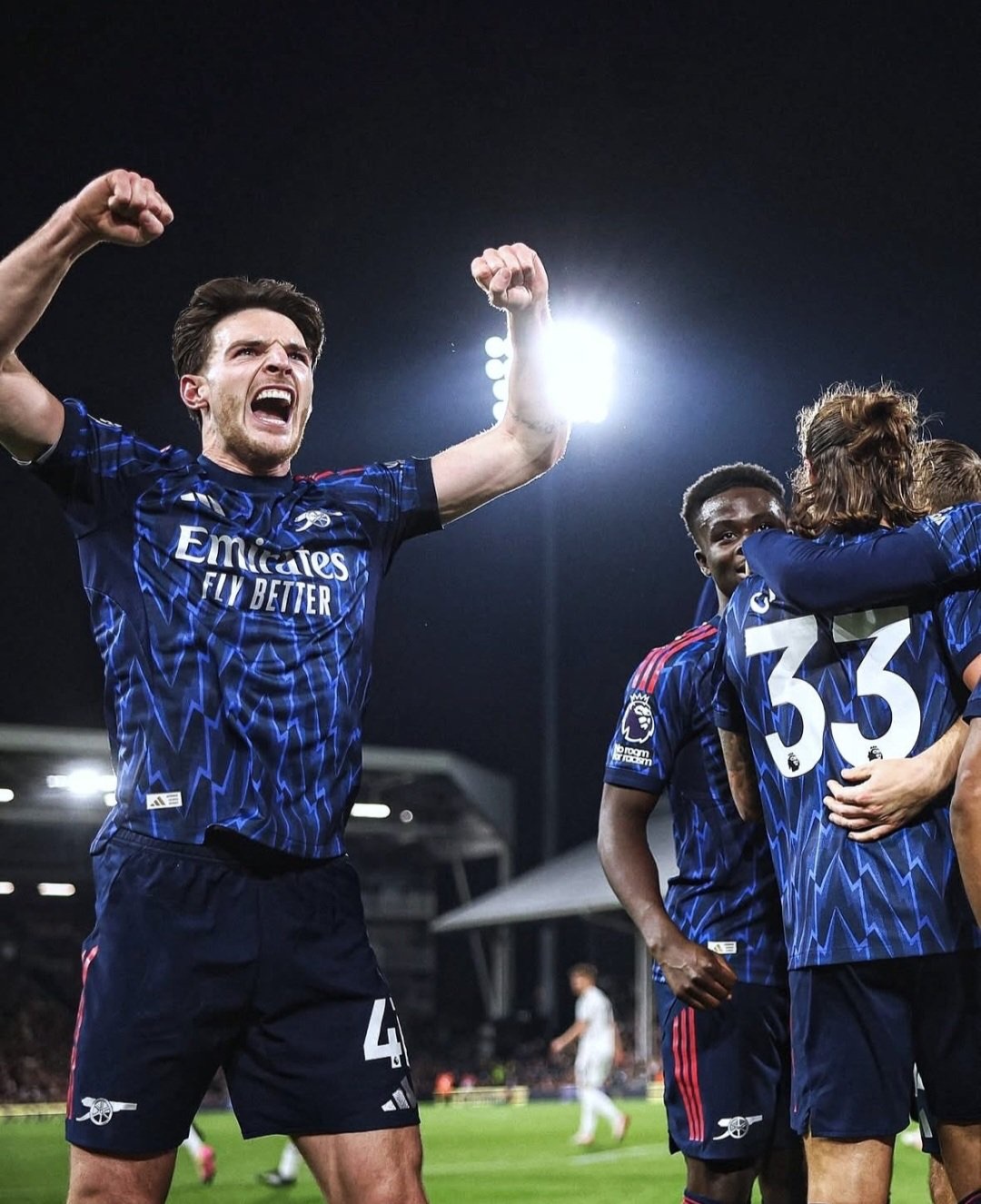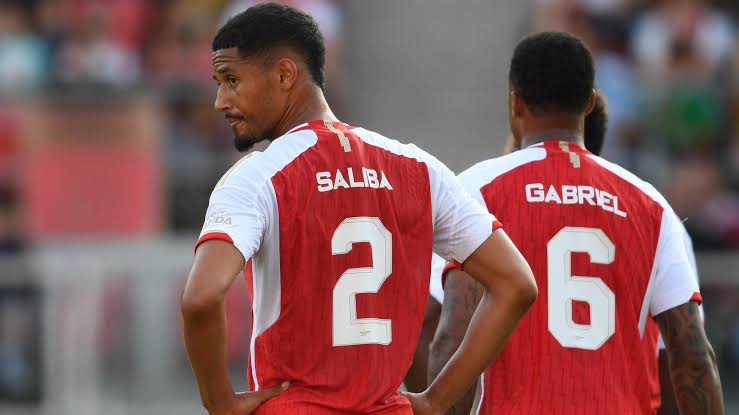Football has given the world some of its most extraordinary athletes, players whose rare blend of skill, charisma, and influence transcends the sport. These are the generational talents: individuals who don’t just excel but redefine the game, leaving a legacy that echoes through time. What makes a generational talent? It’s not just about technical brilliance or athletic prowess. It’s the ability to single-handedly turn matches, inspire teammates, and shape how football is played and remembered. These players often burst onto the scene young, shatter records, and outshine their peers, becoming the defining figures of their era.
In this article, we’ll take you through the greatest generational talents in football history, icons who’ve left an indelible mark and continue to influence the game today. Here’s our list of the top 10.
10. Lamine Yamal
Born in 2007, Lamine Yamal is a prodigy in every sense. Joining Barcelona’s famed La Masia academy at six, he was already a standout by his teens. At 16, he became the club’s youngest debutant in nearly a century, and he hasn’t slowed down since. His dribbling, vision, and finishing are electric, drawing inevitable comparisons to Lionel Messi, though Yamal’s carving out his own path.
For Spain, he’s been a revelation. He scored on his international debut at 16 and shone at Euro 2024, helping his country lift the title while earning the Young Player of the Tournament award. Records? He’s got plenty: youngest to score and assist in La Liga, youngest to play in an El Clásico, youngest to start a Champions League match. Versatile as a winger or attacking midfielder, Yamal’s flair and fearlessness signal a bright future. He’s not just a talent, he’s the future of football.
9. Kylian Mbappé
At 25, Kylian Mbappé has already cemented his place among the elite. Hailing from Bondy, France, his youth coaches spotted something extraordinary early on, calling him a phenomenon. By 18, he was the youngest player in three decades to hit 10 Ligue 1 goals. In the Champions League, he became the youngest to reach 20 goals, until Erling Haaland eclipsed him later.
Mbappé’s breakout came at the 2018 World Cup, where he scored twice against Argentina in the knockouts and joined Pelé as the only teenagers to net in a World Cup final, helping France to glory. In 2022, he went further, scoring a hat-trick in the final and finishing as the tournament’s top scorer with eight goals. His speed, control, and finishing, coupled with a knack for creating chances, make him a force. Mbappé’s still writing his story, but he’s already a generational standout.
8. Neymar Jr.
Neymar Jr.’s flair is pure football magic. Born in Brazil, he rose through Santos FC, dazzling with tricks, pace, and goals. By 19, he’d won the South American Footballer of the Year award, a sign of things to come. His 2013 move to Barcelona saw him form a lethal trio with Messi and Luis Suárez, clinching a Champions League title in 2015. Later, at Paris Saint-Germain, he became the world’s most expensive player.
For Brazil, Neymar’s 79 goals in 128 caps make him the nation’s all-time top scorer. Injuries have slowed him at times, but his creativity, dribbling, and audacity mark him as a once-in-a-generation talent. Few entertain like Neymar.
7. Ronaldo Nazário
Ronaldo Luís Nazário de Lima, known simply as Ronaldo, was a striker like no other. Even at 12, he scored 166 goals in a single youth season, including 11 in one game. By 15, he was starring for São Cristóvão’s under-20 side. His professional career took him to Cruzeiro, PSV, Barcelona, Inter Milan, Real Madrid, and beyond, winning league titles in four countries and topping the scoring charts in each.
Ronaldo’s World Cup record is legendary: victories in 1994 and 2002, with eight goals and the Golden Ball in the latter. His 62 strikes in 98 Brazil caps rank him third all-time for the Seleção. With two Ballon d’Ors (1997, 2002) and a devastating mix of speed, skill, and finishing, Ronaldo redefined what a forward could be.
6. Johan Cruyff
Johan Cruyff wasn’t just a player, he was a visionary. Joining Ajax at 10, he debuted for the first team at 17 and led them to three straight European Cups in the early 1970s, scoring in each final. Eight Eredivisie titles followed before his 1973 move to Barcelona, where he won La Liga and the Copa del Rey in his first season. Named European Footballer of the Year in 1973 and 1974, Cruyff’s elegance, intelligence, and vision were unmatched.
His influence stretched beyond playing. As a coach, he revolutionized Barcelona with the possession-based style that defines the club today. Cruyff didn’t just dominate his era, he shaped football’s future.
5. Zinedine Zidane
Zinedine Zidane’s grace was a thing of beauty. Starting at AS Cannes, he broke through at Bordeaux before shining at Juventus, where he won two Serie A titles and a Champions League crown. His 2001 transfer to Real Madrid brought more glory, including a stunning volley to win the 2002 Champions League final. Three FIFA World Player of the Year awards (1998, 2000, 2003) underlined his class.
For France, Zidane’s peak was the 1998 World Cup, scoring twice in the final to secure the title on home soil. He added Euro 2000 to his haul, dictating games with his touch, vision, and composure. Zidane made the extraordinary look effortless.
4. Diego Maradona
Diego Maradona was football’s wild genius. A teenage prodigy at Argentinos Juniors, he debuted for Argentina at 16 and soon became a global star. At Napoli, he transformed a mid-tier club, leading them to two Serie A titles and a UEFA Cup, earning FIFA World Player of the Year honors in 1986 and 1990. His dribbling, passing, and sheer will were unrivaled.
The 1986 World Cup was Maradona’s masterpiece. He scored five goals, including the iconic solo run against England, and provided five assists to lift Argentina to victory, earning the tournament’s best player award. Flawed yet brilliant, Maradona was a game-changer like no other.
3. Cristiano Ronaldo
Cristiano Ronaldo’s relentless drive sets him apart. From Sporting Lisbon to Manchester United, where he won three Premier League titles and a Champions League, to Real Madrid, where he claimed four more European crowns and became the club’s all-time top scorer, Ronaldo’s career is a monument to excellence. Five Ballon d’Ors (2008, 2013, 2014, 2016, 2017) reflect his dominance.
For Portugal, he delivered the Euro 2016 title and holds the men’s international scoring record with over 130 goals. His athleticism, work ethic, and goal-scoring instinct, over 900 career goals and counting, make him a generational titan still pushing boundaries at 40.
2. Lionel Messi
Lionel Messi might just be the greatest ever. From his youth days at Barcelona, he showed glimpses of genius, becoming Argentina’s youngest World Cup player in 2006. What followed was historic: eight Ballon d’Ors, four Champions League titles, 10 La Liga crowns, an Olympic gold, and the 2022 World Cup, the ultimate prize. He’s Barcelona’s and Argentina’s all-time top scorer and holds the record for most goals in a calendar year (91 in 2012).
Messi’s magic lies in his control, dribbling, and vision. He glides past defenders, creates chances, and finishes with precision. His journey from a quiet kid to football’s undisputed king is the stuff of legend.
1. Pelé
Edson Arantes do Nascimento, known as Pelé, is football royalty. Born in 1940 in Brazil, he burst onto the scene with Santos FC, scoring 643 goals in 656 competitive matches and winning 10 São Paulo titles, five Brazilian championships, and two Copa Libertadores crowns. For Brazil, he claimed three World Cups (1958, 1962, 1970), a feat unmatched, scoring 77 goals in 92 caps.
Pelé’s flair, creativity, and goal-scoring prowess made him a global icon. At 17, he lit up the 1958 World Cup, announcing a talent that would define an era. His charisma and excellence transcended the pitch, making him the benchmark for greatness.
